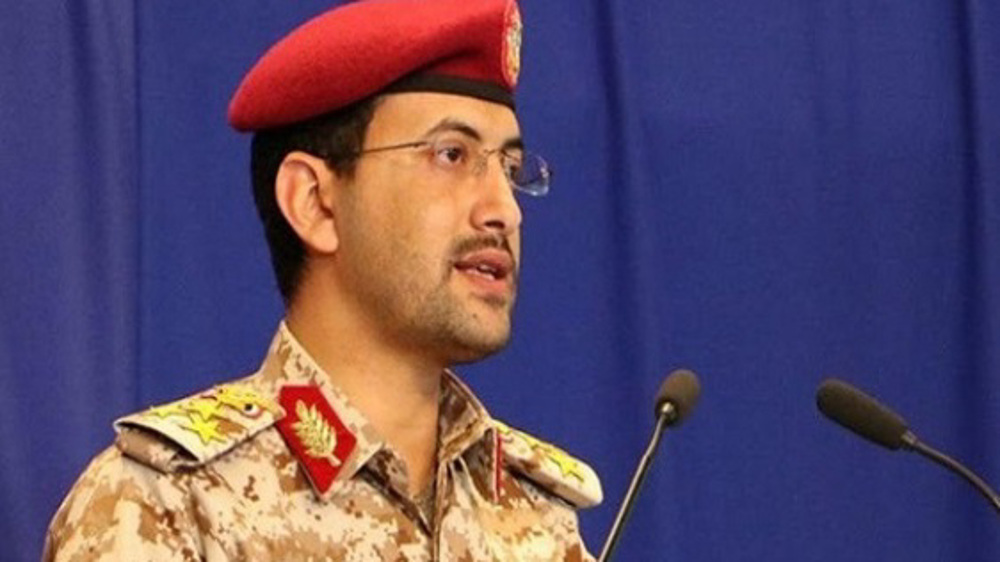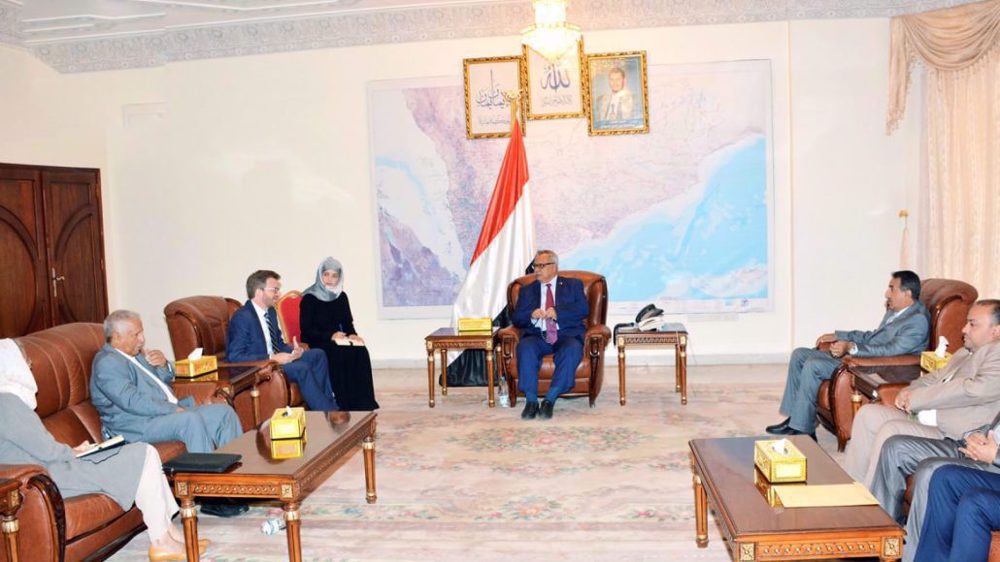
In a statement, its foreign ministry denounced the UN Security Council's reaction to the "warning strike" at the al-Dubba terminal, where a Greek oil tanker was docked to load oil. The UN council had denounced the strike as a serious threat to the peace process and stability of Yemen.
"We ask the Security Council to understand the nature of the warning of the Yemeni armed forces without any interpretation. The al-Dubba operation was not a hostile or offensive message, but a warning in the regional waters to prevent the plundering of its resources," the ministry said.
“Sana'a has taken official steps and announced measures to clarify its position to the world earlier and has communicated with all countries, oil companies, and that oil tanker, that it will not allow the wealth of the Yemeni people to be looted within the framework of its internationally recognized borders,” it added.
The ministry stressed that Yemen will spare no effort to defend national sovereignty, and safeguard public interests and wealth against any act of looting or abuse.
Sana'a, it said, remains committed to just and honorable peace, and supports the endeavors of Hans Grundberg, Special Envoy of the United Nations Secretary-General for Yemen.
“The UN envoy's endeavors, however, must be accompanied by serious steps to end the Saudi-led aggression and lift the all-out blockade through the implementation of urgent measures that will address the ongoing humanitarian disaster in Yemen,” it said.
It added that the envoy must "facilitate the unrestricted entry of energy vessels into the port of Hudaydah, remove obstacles for commercial airlines companies to operate at Sana'a International Airport, take practical steps regarding payment of civil servants salaries, and allow the Yemeni nation to use proceeds and financial gains produced as a result of exported Yemeni crude oil and natural gas.”
It finally urged the UN Security Council to work towards a new binding resolution that would create a climate for meaningful negotiations aimed at a peaceful political settlement of the Yemeni crisis, help the establishment of a comprehensive peace that will preserve the unity and stability of Yemen, and secures relations with neighboring states on the principle of mutual respect and non-interference in each other’s domestic affairs.
Saudi Arabia launched the devastating war on Yemen in March 2015 in collaboration with its Arab allies and with arms and logistics support from the US and other Western states.
The objective was to reinstall the Riyadh-friendly regime of Abd Rabbuh Mansour Hadi and crush the Ansarullah resistance movement, which has been running state affairs in the absence of a functional government in Yemen.
While the Saudi-led coalition has failed to meet any of its objectives, the war has killed hundreds of thousands of Yemenis and spawned the world’s worst humanitarian crisis.
New Israeli military on Socotra
Meanwhile, Israel, in cooperation with the United Arab Emirates (UAE), is going to build a new military base on a Yemeni island in a strategic area overlooking the Bab al-Mandab Strait, as Abu Dhabi is helping the Tel Aviv regime carry out military and maritime reconnaissance missions off the coast of Yemen.
Citing informed sources, Yemen Press Agency reported that Mahmoud Fateh Ali al-Khajeh, an influential figure in establishing diplomatic relations between the Persian Gulf country and Israel, has purchased vast scopes of land in the mountainous Hajhar area of the strategic island of Socotra.
The sources noted that Khajeh's main goal is to construct a new military base for the Israeli regime, which would overlook Hadibu coastal town in northern Socotra.
Home to some 60,000 people, Socotra overlooks the Bab el-Mandeb Strait, the main shipping route that connects the Red Sea to the Gulf of Aden and the Arabian Sea. It has a unique ecosystem.
The French-language news outlet JForum said in August 2020 that Israel, in cooperation with the UAE, was planning to build intelligence-gathering bases on the Socotra island.
The purpose of the bases, according to the report, is to electronically monitor Saudi-led forces waging a war on Yemen.
Israel and the UAE are currently making all logistical preparations to establish intelligence bases to collect information from across the Gulf of Aden, including Bab el-Mandeb and south of Yemen, which is under the control of forces backed by the UAE, the report said.
Socotra has been a source of tension between the UAE and Saudi Arabia, which have been vying for control of the resource-rich island.
UAE-backed separatists of the so-called Southern Transitional Council (STC) took control of Socotra in June 2020, in a move described by the administration of fugitive former Yemeni president, Mansur Hadi, as “a full-fledged coup.”





No comments:
Post a Comment